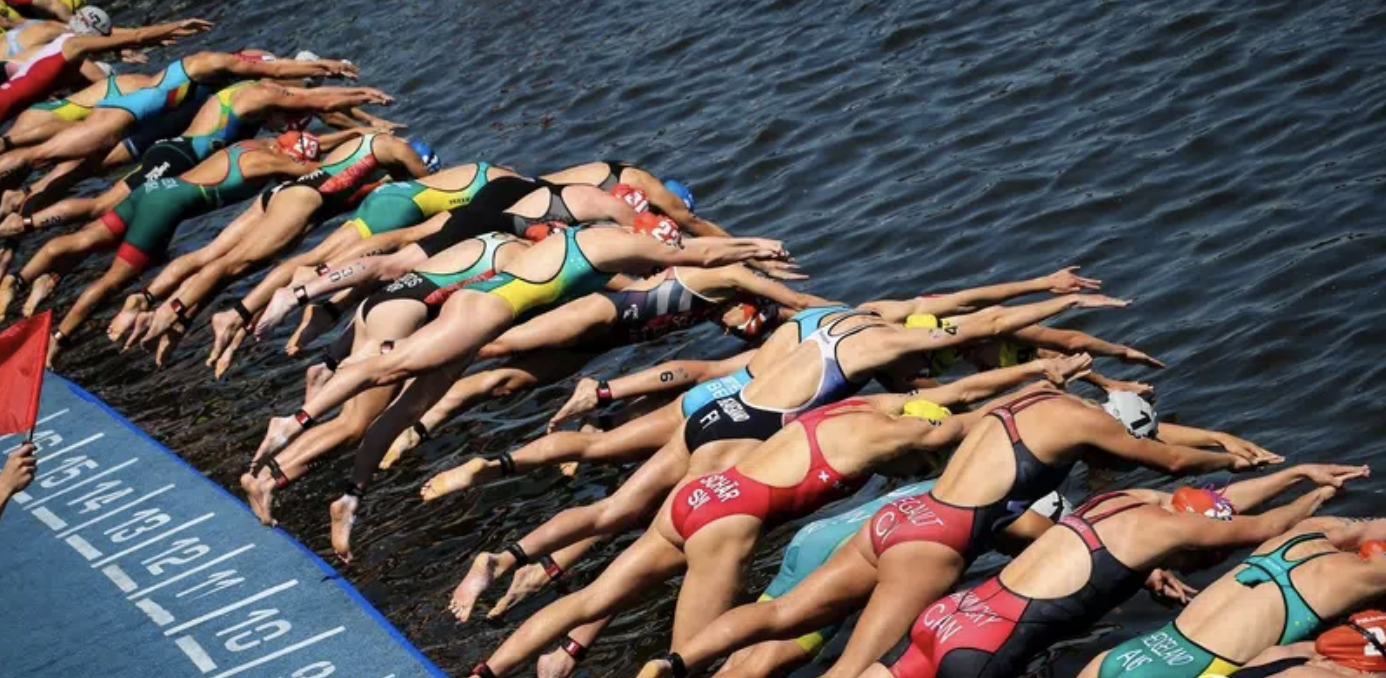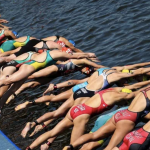Meeting in Abu Dhabi in November, the World Triathlon Executive Board has approved updates to competition rules that will be put in place from January 1, 2023.
Among the rules (all rules can be found here) that will be implemented for the next season are new regulations regarding running shoes, a maternity policy, changes on penalties when served, obligatory anti-doping education and new rules on bike and run behaviour, among others.
From January, World Triathlon will follow the rules implemented by World Athletics that include the use of customised shoes and prototype designs and establishing control of the use of such shoes.
The new maternity policy will freeze the rankings of athletes in terms of competition entries from the moment they announce their pregnancy until their child is two years old, to facilitate their return to competition. The rule also applies to female athletes that suffer a miscarriage after their 20th week of pregnancy.
The new rules make it mandatory for all athletes to go through anti-doping educational courses. The rules also refer to the transgender rule for eligibility and open up the possibility to disqualify an athlete if their timing chip is lost.
When it comes to the swimming leg, the new competition rules oversee the use of swimskins, allow the use of electronic devices under certain conditions and forbid the use of extra-buoyant clothing.
Further changes include establishing a difference between cycle dismount after the line and cycling over the dismount line or mount line. Touching the helmet locking mechanism is now forbidden before a bike is racked.
Regarding paratriathlon, changes include a new time compensation value, and the inclusion of post-transition area (hoppers vs non-hoppers). The logos on blackout glasses should now be similar to other glasses, and external help of PTWC handlers to get an athlete back to a hand bike or wheelchair will be allowed.
The new rules include a new chapter on protests and appeals, and the case of an athlete’s penalties to be served. If an athlete disagrees with the penalty received and does not stop at the penalty box, they will be disqualified but may protest the original penalty.
The competition jury will then study the case with two possible outcomes: removing the penalty (and include the athlete in the results with the recorded time) or confirmation of a disqualification. If the athlete stops in the penalty box, the penalty is considered accepted, and no protest will be permitted afterwards.
The rules update also includes a number of minor changes that affect the sport, such as determining areas where swimming dolphin-style is permitted, allowing energy bars to be fixed to a bike, clarification of the PTWC space in transition, adding Junior Continental Cups to the hierarchy of events and some minor uniform guidance updates.



